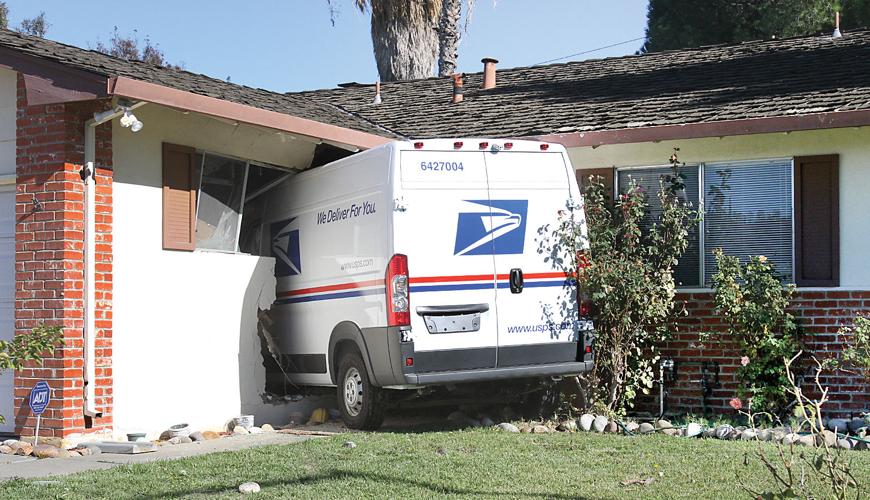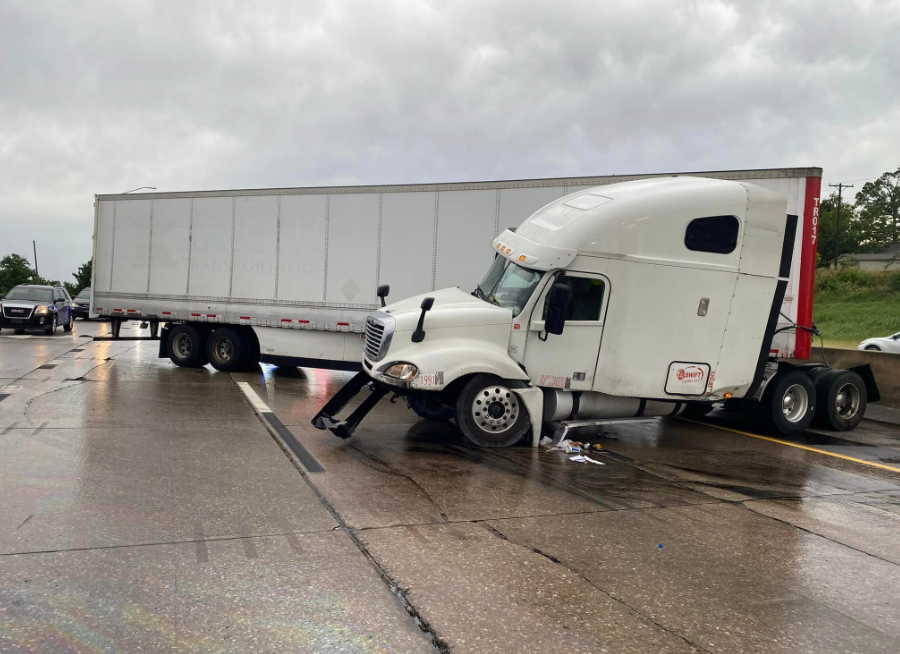- Why Semi-Truck Accident Claims Are More Complex Than Car Accidents (And How to Win Yours)
- How to Counteract Insurance Tactics
Why Semi-Truck Accident Claims Are More Complex Than Car Accidents (And How to Win Yours)
Semi-truck accidents are significantly different from typical car accidents in terms of severity, liability, and legal complexity. Victims of truck accidents often face more challenges in pursuing compensation due to the number of involved parties, federal regulations, and insurance company tactics. Understanding why these claims are more complex—and how to build a strong case—can make a significant difference in achieving a successful outcome.
In this article, we will break down the reasons why semi-truck accident claims are more complicated than standard car accidents and provide strategic insights on how to win your claim.
Why Semi-Truck Accident Claims Are More Complex
1. Multiple Potentially Liable Parties
Unlike car accidents, where the driver at fault is usually the only responsible party, semi-truck accidents may involve multiple entities, including:
- The Truck Driver: If the driver was speeding, fatigued, distracted, or intoxicated, they may be held liable.
- The Trucking Company: Companies that enforce unrealistic delivery schedules, fail to properly train drivers, or neglect maintenance obligations can be responsible.
- The Truck Manufacturer or Parts Supplier: If a mechanical failure, such as faulty brakes or defective tires, caused the accident, the manufacturer may share liability.
- Cargo Loaders or Shipping Companies: Improperly loaded or unsecured cargo can cause rollovers and jackknife accidents, making the loading company liable.
- Third-Party Contractors: Many trucking operations rely on contractors for maintenance, inspections, or even driving, further complicating liability claims.
How to Prove Liability
- Investigate employment records and contracts to determine if the driver was an employee or independent contractor.
- Review maintenance logs and safety inspection reports.
- Obtain cargo loading records and weigh station data.
2. Complex Federal and State Regulations
Truck drivers and trucking companies must comply with strict federal and state regulations. The Federal Motor Carrier Safety Administration (FMCSA) governs the trucking industry with rules that cover:
- Hours of Service (HOS) Regulations: Limits on how long a driver can operate a truck without taking breaks.
- Vehicle Maintenance and Inspection Requirements: Mandatory checks on brakes, tires, lights, and other safety components.
- Weight and Load Restrictions: Overloaded trucks are more prone to accidents.
How to Use Regulations to Your Advantage
- Request the truck’s black box data (Electronic Logging Device) to check for HOS violations.
- Compare the truck’s maintenance records against FMCSA requirements.
- Investigate whether the driver received adequate training and certification.
3. Higher Insurance Coverage and Aggressive Defense Strategies
Trucking companies carry significantly higher insurance policies than individual drivers, often exceeding $1 million in coverage. While this might seem beneficial for victims, it often means facing aggressive legal teams and insurance adjusters whose goal is to minimize payouts.
Challenges You May Face
- Insurance adjusters may pressure victims into lowball settlements.
- Companies may delay proceedings to wear down claimants.
- Insurers may shift blame onto the victim by arguing comparative negligence.
How to Counteract Insurance Tactics
- Do not provide recorded statements to insurance adjusters without legal representation.
- Document all communication with insurers and trucking companies.
- Work with an experienced truck accident attorney who can negotiate aggressively on your behalf.
4. More Severe Injuries and Higher Damages
Due to the sheer size and weight of semi-trucks, accidents often result in catastrophic injuries, including:
- Traumatic Brain Injuries (TBI)
- Spinal Cord Injuries and Paralysis
- Severe Burns and Disfigurement
- Multiple Fractures and Internal Organ Damage
Higher medical costs, long-term rehabilitation, lost wages, and emotional suffering mean that victims often require substantial compensation. However, insurance companies will work hard to reduce these payouts.
How to Maximize Compensation
- Keep detailed medical records, including doctor evaluations, treatment plans, and rehabilitation progress.
- Calculate future medical expenses and lost earning potential with the help of economic experts.
- Include non-economic damages like pain and suffering in your claim.
5. Evidence Gathering Is More Complex
Semi-truck accident cases require more extensive evidence compared to typical car accidents. Critical forms of evidence include:
- Truck Black Box Data: Provides insights into speed, braking, and hours of service.
- Dash Cam and Traffic Camera Footage: Can confirm driver negligence.
- Electronic Logging Devices (ELD): Verifies compliance with driving hour regulations.
- Accident Reconstruction Reports: Helps demonstrate fault using forensic analysis.
- Witness Statements: Corroborates what happened before and after the crash.
How to Preserve and Collect Evidence
- Send a spoliation letter to prevent the trucking company from destroying crucial records.
- Work with accident reconstruction experts.
- Obtain police reports and medical records as soon as possible.
How to Win Your Semi-Truck Accident Claim
Winning a semi-truck accident claim requires a strategic and well-documented approach. Here are the key steps:
- Hire an Experienced Truck Accident Attorney
- Trucking cases involve multiple parties and federal regulations—legal expertise is essential.
- Conduct a Thorough Investigation
- Establish Negligence
- Prove that the truck driver, trucking company, or other entity acted negligently and caused the accident.
- Negotiate Aggressively
- Do not accept early settlement offers without consulting your attorney.
- Prepare for Trial if Necessary
- Many truck accident claims settle out of court, but being prepared for trial can increase settlement value.
Final Thoughts
Semi-truck accident claims are inherently more complex than car accident cases due to multiple liable parties, federal regulations, high insurance policies, and severe damages. Understanding these challenges and knowing how to build a strong case can make a significant difference in obtaining the compensation you deserve.
Working with an experienced truck accident attorney can help navigate the complexities, protect your rights, and maximize your financial recovery. If you or a loved one has been injured in a semi-truck accident, taking swift legal action is essential.
Accident?
Our team of experienced car accident professionals is ready to help you assess your case and fight for the compensation you deserve. Don’t let the negligence of others dictate your future–let us be your advocate in this challenging time. Contact us today at 770Goodlaw.








